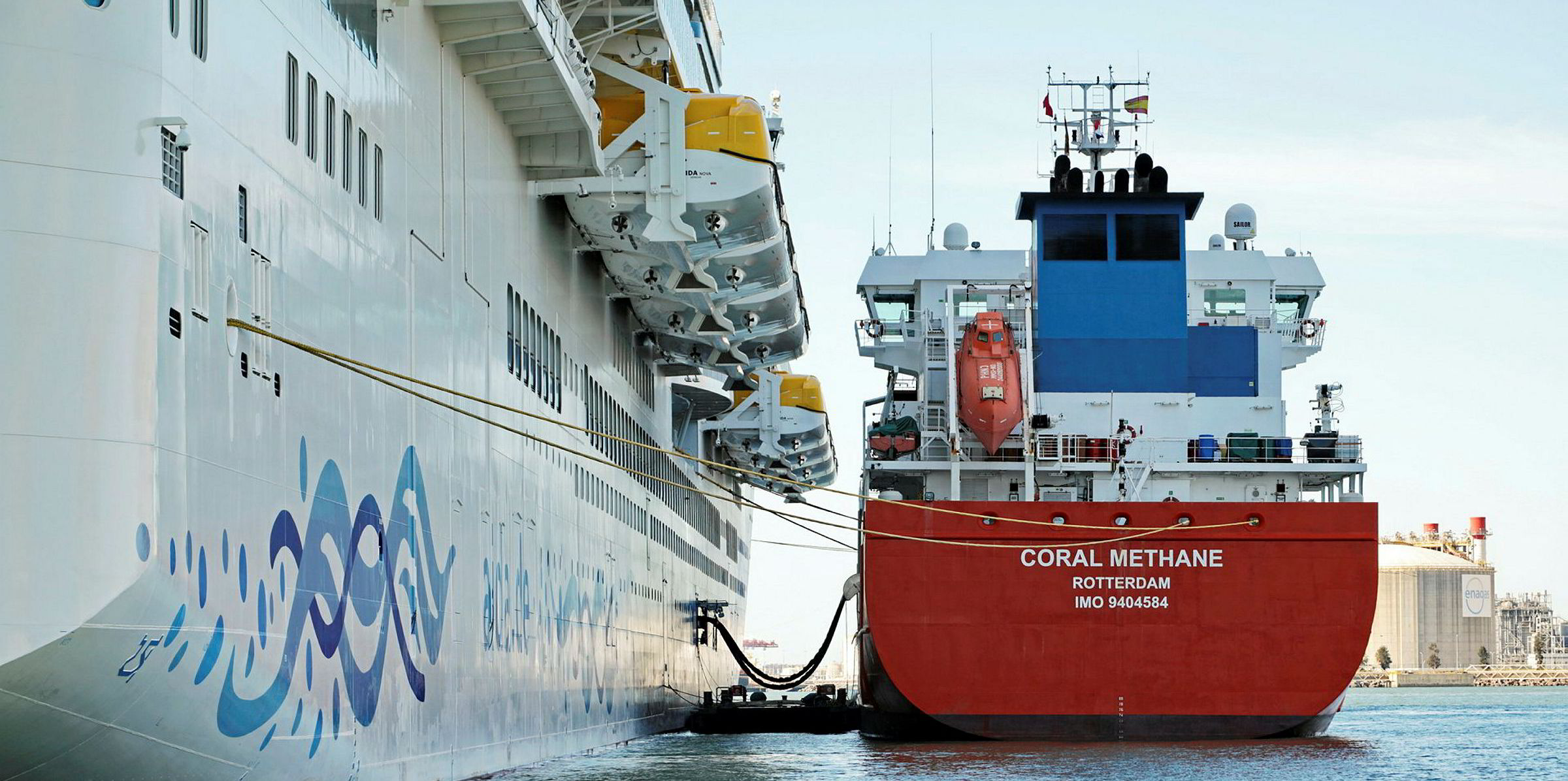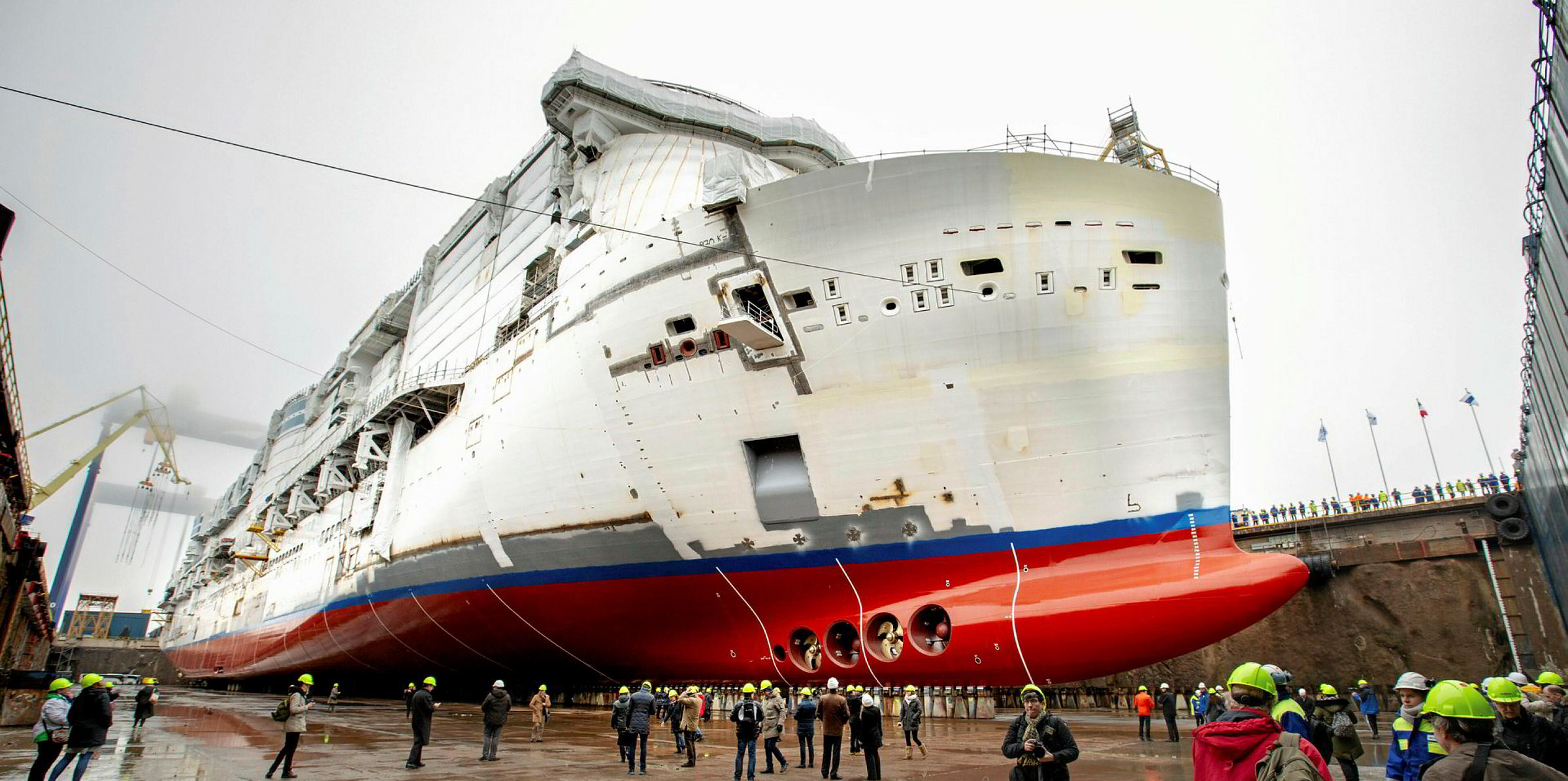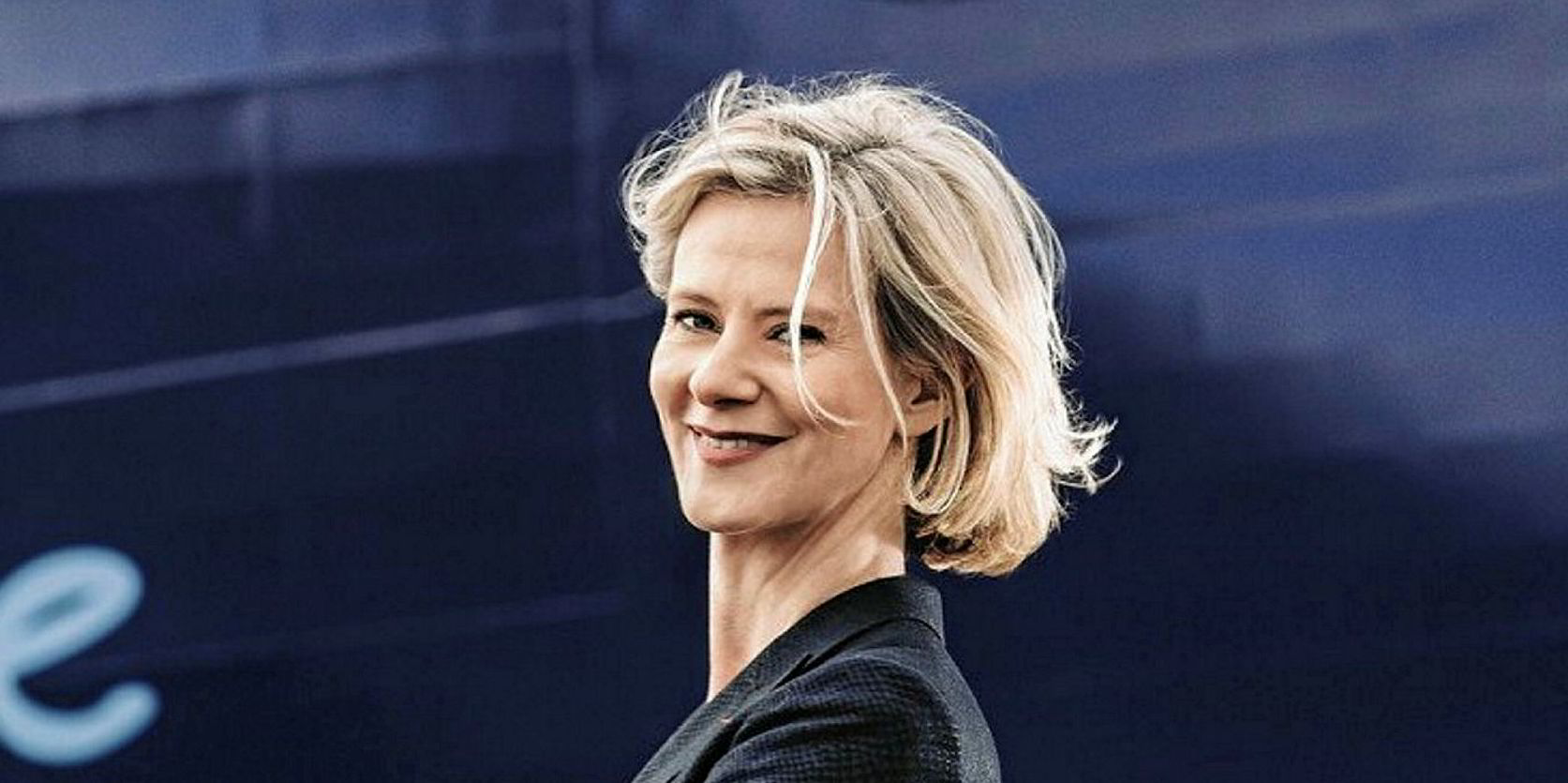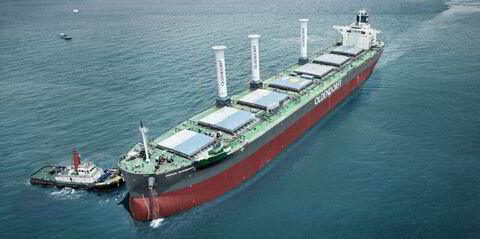Carnival has become the first cruise line to join Getting to Zero Coalition as part of its efforts to develop low-carbon shipping.
The move comes as, faced with pressure from environmentalists and the public, the Miami-based cruise giant has been keen to improve its green credentials via decarbonisation initiatives.
Carnival’s senior vice-president of maritime affairs Tom Strang said: “We look forward to working with fellow coalition partners in the maritime, energy and other related industries, as well as academics, think tanks and policymakers."
The aim would be “to develop a roadmap that identifies the technologies, investments and actions we must pursue to begin introducing zero emission vessels into the global shipping and passenger fleet,” Strang added.
To fight climate change, the IMO has aimed to reduce greenhouse gas emissions by at least 50% from the 2008 levels by 2050.
The Getting to Zero Coalition was launched in September with an aim to develop technically feasible, commercially viable zero-emission deepsea vessels that are ready to trade as early as 2030 in order to meet this target.
Over 80 shipping players, fuel suppliers, ports, classification societies have joined the coalition, which is partnership among the Global Maritime Forum, the Friends of Ocean Action and the World Economic Forum.
New York-listed Carnival’s recent decarbonisation initiatives include an LNG-powered fleet of 11 cruiseships, of which the first two has begun operation while the rest will hit the water through 2025.
Also, scrubbers have been installed on more than 70% of its fleet. More than 40% of the fleet can use shoreside electric power while at ports, and the company has implemented broad initiatives to optimise onboard energy use while adopting hull designs and coatings that can cut fuel consumption, according to Carnival.
“We have a deep commitment to safety, environmental responsibility and consistently exceeding guest expectations, and being an active part of the Getting to Zero Coalition is another important step for the environment,” Strang said.





